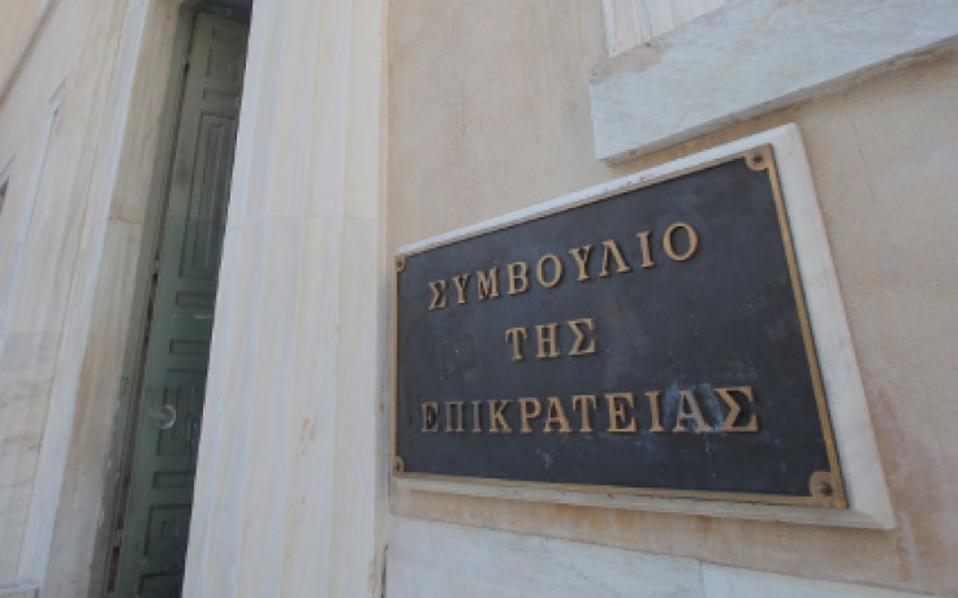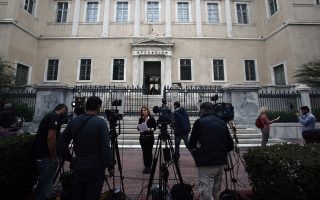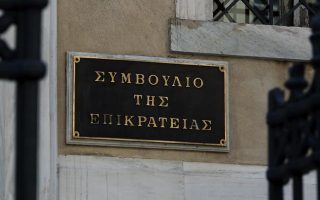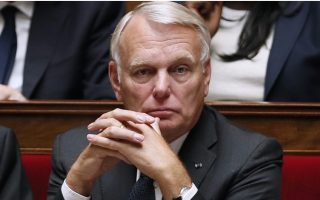TV license law deemed unconstitutional

The Council of State’s plenary session ruled last night that the law on which the government auction for the television licenses was based contravenes Greece’s Constitution.
The verdict of the country’s constitutional court was based on the argument that the law, brought by State Minister Nikos Pappas, countered the constitutional provision that the allocation of TV licenses is the competence of the National Broadcasting Council – the industry’s independent regulator – and not the government’s.
The Council of State reached this decision with a majority of 14 to 11.
The decision annuls the law as well as the auction based on it. The four winners of the auction have already paid the first installment of the 255 million euros due according to the outcome of the auction, and they are likely to demand its return.
The government’s initial response was that the country’s television landscape is now “returning to illegality”, according to sources, while Skai television reported that a new legislative initiative is likely to follow, probably involving the National Broadcasting Council in it.
Sources indicated last night that the judges would find two things unconstitutional: firstly the fact that Pappas, a close aide of Prime Minister Alexis Tsipras, oversaw the auction rather than the National Broadcasting Council (ESR), and secondly the fact that the auction limited the number of nationwide licenses that can operate in Greece to four.
Government officials have argued that ESR could not oversee the auction because objections by the political opposition prevented it from convening. Also they cited a university study and the dwindling market for television advertising to justify the decision to limit the number of nationwide TV licenses to four.
The court’s plenary session convened at 5.30 p.m. and the meeting was tense, according to sources, as the judges did not fall into two distinct camps but disagreed on many issues, including the extent of detail that the ruling should include and the potential implications of the decision, political and otherwise.
Having championed the auction for TV licenses as part of its intended crackdown on corruption and vested interests, the government was clearly anxious before the court’s verdict. Officials were preparing for all scenarios.





